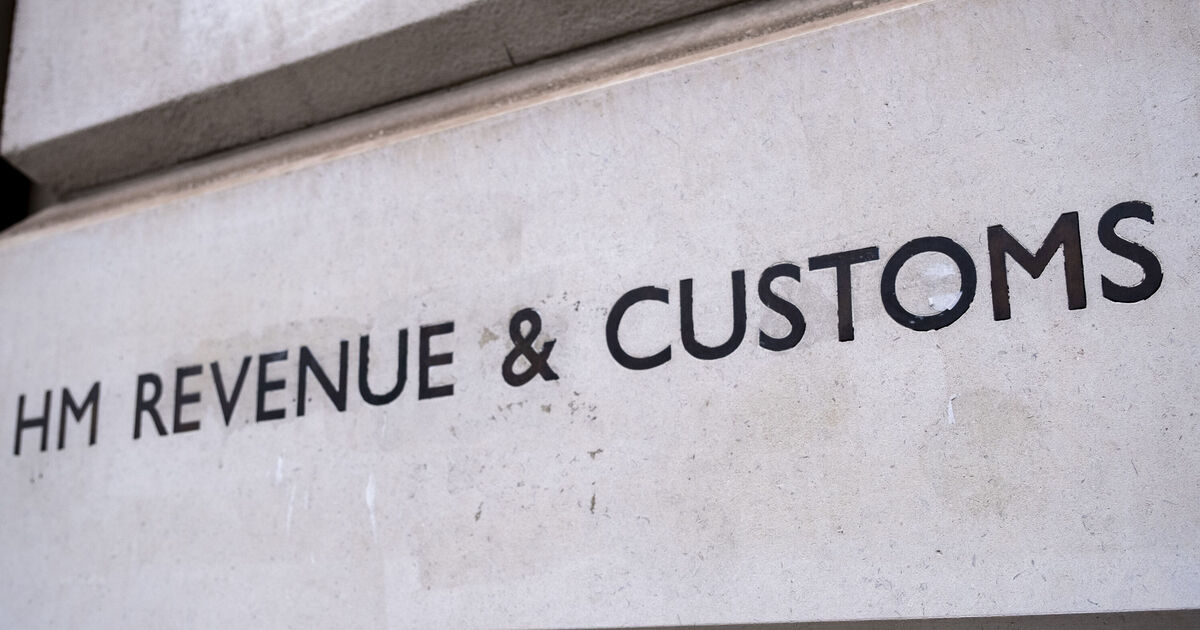
HMRC has issued a warning that more than 300,000 people have just weeks left to avoid a tax fine.
The deadline for self-assessment tax returns is looming and for those who prefer to submit a paper return, there’s less than two weeks to go to submit the important tax document – or face a huge fine.
Self assessment tax returns are mandatory for anyone who has income from a second property, is self-employed and taking £1,000 gross income or more, are a partner in a business partnership, sold on eBay or online sites and had £1,000 gross income (not profit, just total take), or otherwise earned £150,000 or more in a single tax year.
You also need to submit a return if you have untaxed income like a pension income of £2,500 or more or income from savings, investments and dividends.
Those who are subject to the High Income Child Benefit charge must also file a return.
While a lot of people these days choose to complete their self-assessment online, which carries a January 31 deadline, there are some who cannot – reporting foreign income and gains or trust and estate information are both not available online.
Fines can cost as much as £100 for late submissions and you’ll be charged interest on top.
HMRC said: “You’ll get a penalty if you need to send a tax return and you miss the deadline for submitting it or paying your bill.
You’ll pay a late filing penalty of £100 if your tax return is up to 3 months late. You’ll have to pay more if it’s later, or if you pay your tax bill late.
“You’ll be charged interest on late payments.”
HMRC says you can avoid the fine if you have a ‘reasonable excuse’.
This can include:
A reasonable excuse is something that stopped you meeting a tax obligation for a valid reason, for example:
-
your partner or another close relative died shortly before the tax return or payment deadline
-
you had an unexpected stay in hospital that prevented you from dealing with your tax affairs
-
you had a serious or life-threatening illness
-
your computer or software failed while you were preparing your online return
-
issues with HM Revenue and Customs (HMRC) online services
-
a fire, flood or theft prevented you from completing your tax return
-
postal delays that you could not have predicted
-
delays related to a disability or mental illness you have
-
you were unaware of or misunderstood your legal obligation
- You relied on someone else to send your return in, and they did not
















